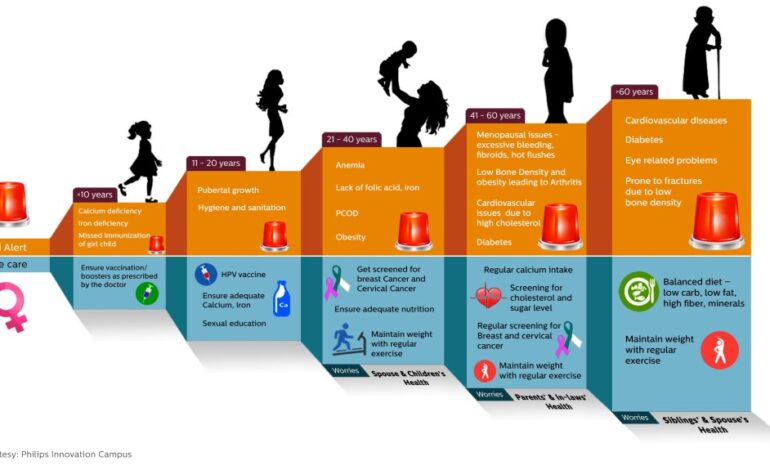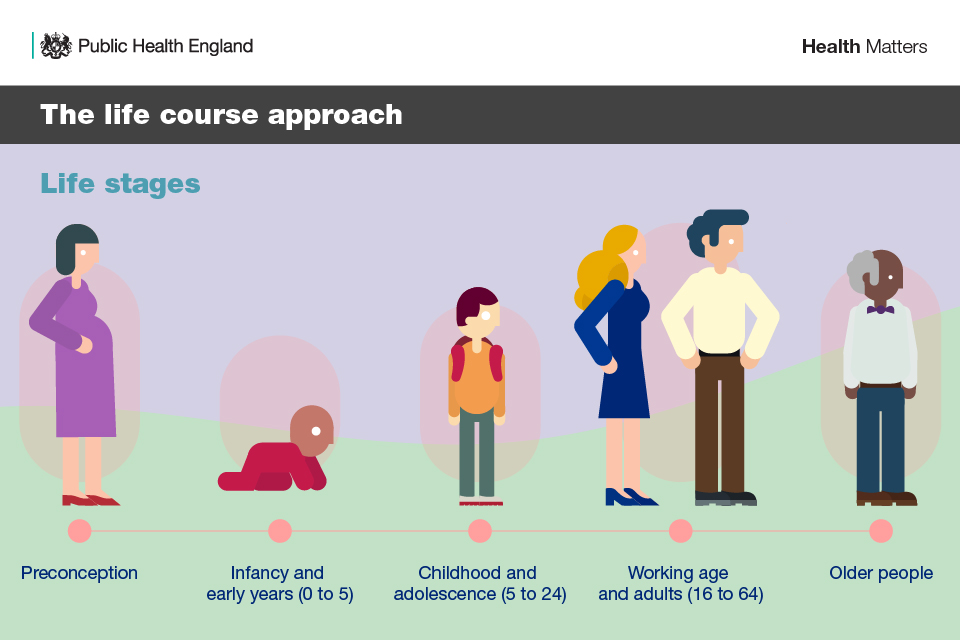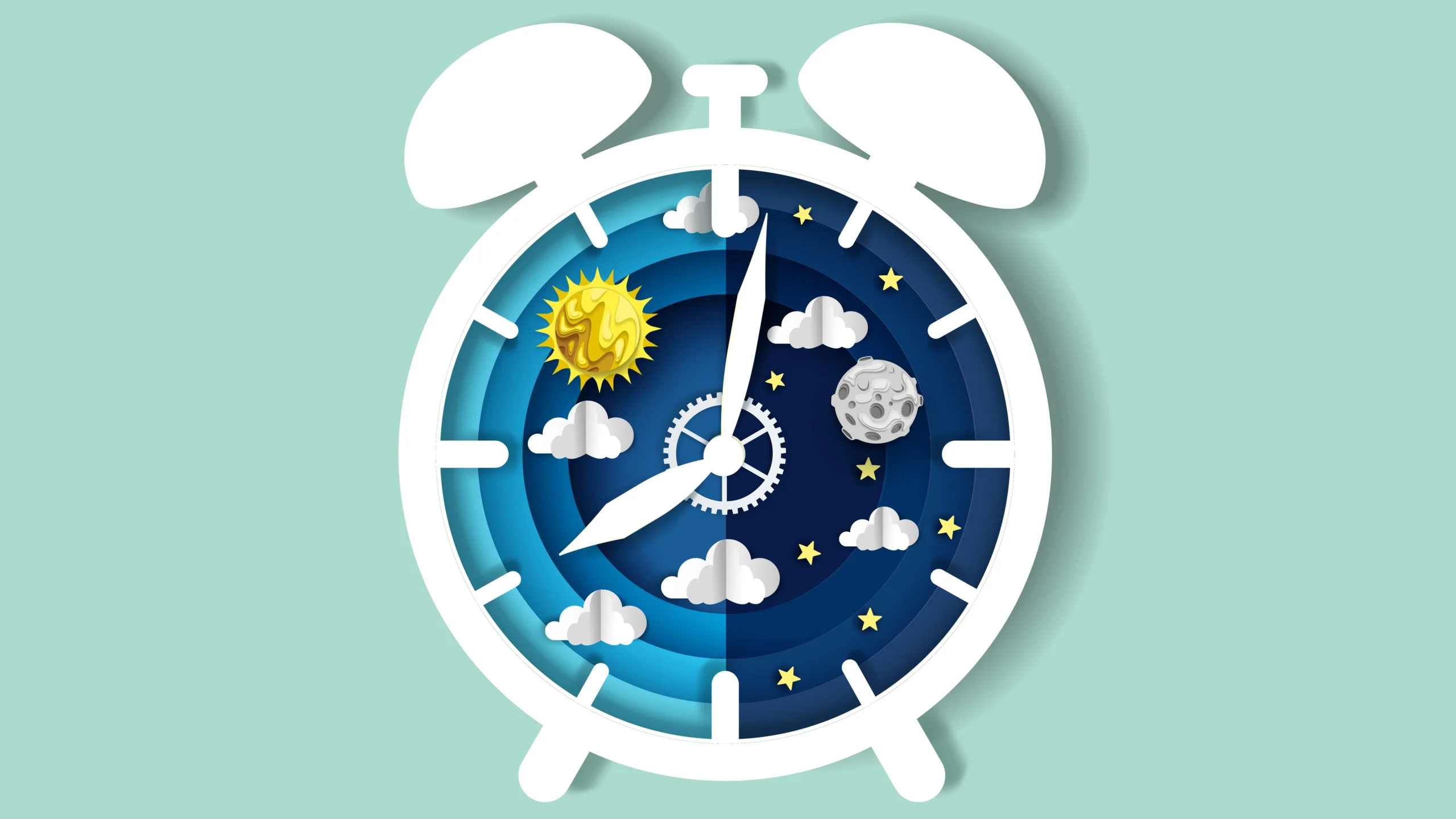Wellness Through Every Stage of Life

Navigating Wellness Through the Seasons of Life
We often hear about “wellness,” but what does that really mean? It’s far more than just avoiding illness; it’s a holistic approach to thriving – encompassing physical, mental, emotional, and social wellbeing. And crucially, wellness isn’t a one-size-fits-all concept. The strategies that work best for a teenager will differ significantly from those beneficial for someone in their 60s or experiencing a major life transition like becoming a new parent.
This post explores the importance of tailoring your wellness approach to specific life stages. We’ll break down key considerations and actionable advice for various phases, from pregnancy through retirement, helping you build sustainable habits that support flourishing at every age.
The Foundation: Understanding Life Stage Wellness
Life stage wellness recognizes that our bodies, minds, and circumstances change dramatically throughout our lives. What we need at 20 is vastly different than what we require at 50. Ignoring these differences can lead to ineffective – or even detrimental – health practices.
Think of it like this: you wouldn’t use the same gardening techniques for seedlings as you would for mature trees, right? Similarly, your wellness plan needs to adapt and evolve alongside your life’s journey. This involves understanding both the typical physiological changes associated with each stage *and* the potential challenges or opportunities that arise.
Wellness During Pregnancy: A Time of Profound Change
Pregnancy is a remarkable period of profound physical, hormonal, and emotional change. Wellness during this time isn’t just about the mother’s health; it’s about ensuring optimal development for the growing baby. Nutrition takes center stage here.

Key considerations:
- Prenatal Nutrition: Focus on nutrient-dense foods, including folate (crucial for neural tube development), iron, calcium, and omega-3 fatty acids. Consult with a healthcare provider or registered dietitian to determine appropriate supplementation.
- Hydration: Increased fluid intake is essential.
- Exercise: Moderate exercise, such as walking, swimming, or prenatal yoga, can improve mood, reduce back pain, and prepare the body for labor. Always consult your doctor before starting any new exercise routine.
- Rest & Sleep: Adequate rest is vital for both mother and baby. Aim for 7-9 hours of sleep per night.
- Mental Wellbeing: Pregnancy can be emotionally challenging. Prioritize stress management techniques like meditation, mindfulness, or talking to a therapist. Postpartum depression is also a significant concern; awareness and proactive support are key.
New Parenthood: Balancing Baby’s Needs with Your Own
The arrival of a new baby dramatically shifts priorities and can be incredibly rewarding – but also exhausting! Self-care often takes a backseat, leading to burnout. Recognizing this is the first step.
Key considerations:
- Prioritize Sleep (as much as possible): While sleep deprivation is inevitable, try to nap when the baby naps and enlist help from partners or family members.
- Nutrition: Quick, healthy meals are essential. Stock your pantry with easy-to-prepare options.
- Gentle Exercise: Even short walks can do wonders for both physical and mental health. Postnatal exercise should be cleared by a doctor.
- Social Connection: Isolation is common among new parents. Join parent groups, connect with friends and family, or schedule regular coffee dates.
- Mental Health: Be mindful of postpartum mood disorders (depression and anxiety). Seek professional help if needed – it’s a sign of strength, not weakness.
Adulthood & Mid-Life: Navigating Career, Family, and Changing Bodies
Adulthood brings a unique blend of challenges and opportunities. Juggling career demands, family responsibilities, and aging bodies can be stressful.
Key considerations:
- Stress Management: Learn effective stress-reducing techniques like mindfulness, yoga, or spending time in nature.
- Regular Exercise: Maintain physical activity to combat age-related muscle loss and maintain cardiovascular health. Strength training becomes increasingly important.
- Nutrition: Focus on a balanced diet rich in fruits, vegetables, and lean protein. Address any nutritional deficiencies that may arise.
- Preventative Health Screenings: Stay up-to-date on recommended screenings for conditions like cancer, heart disease, and osteoporosis.
- Mental & Emotional Wellbeing: Prioritize self-care activities that bring joy and relaxation. Consider therapy or counseling if needed to address stress, anxiety, or depression.
Retirement Years: Embracing New Opportunities and Maintaining Vitality
Retirement marks a significant transition – a time for reflection, exploration, and embracing new opportunities. However, it can also bring challenges related to social isolation, declining health, and financial concerns.
Key considerations:
- Social Engagement: Combat loneliness by staying active in your community, volunteering, joining clubs, or pursuing hobbies.
- Physical Activity: Maintain a regular exercise routine that includes both cardiovascular and strength training. Consider activities like walking, swimming, tai chi, or gardening.
- Cognitive Stimulation: Keep your mind sharp by engaging in mentally stimulating activities such as puzzles, reading, learning a new language, or playing musical instruments.
- Nutrition: Focus on nutrient-rich foods to support overall health and prevent age-related diseases. Ensure adequate calcium and vitamin D intake for bone health.
- Regular Health Checkups: Stay proactive about your health by attending regular checkups and screenings.
Beyond Age Groups: Addressing Life Transitions
While we’ve focused on broad age categories, it’s important to remember that other life transitions – divorce, bereavement, job loss, relocation – also necessitate a tailored wellness approach.
Adaptability is Key. During these times, prioritize self-compassion and seek support from friends, family, or professionals.
Conclusion: A Lifelong Journey of Wellness
Wellness isn’t a destination; it’s an ongoing journey that requires constant adaptation and attention. By recognizing the unique needs of each life stage and proactively addressing them with targeted strategies, you can cultivate a fulfilling and vibrant life at every age. Remember to listen to your body, prioritize self-care, and seek support when needed – you’re not alone on this path.



